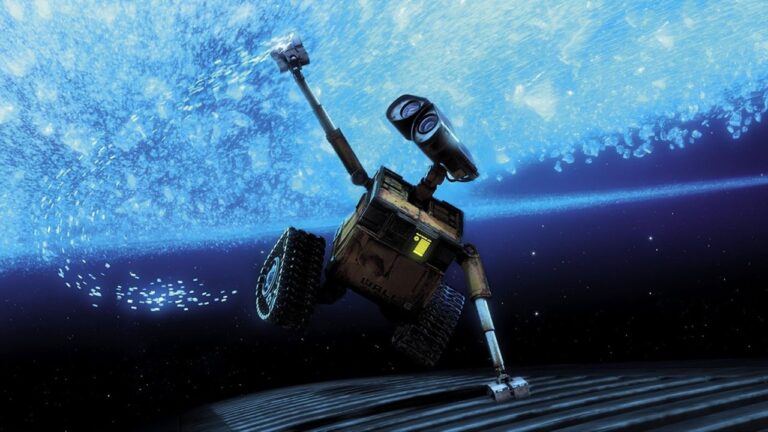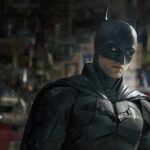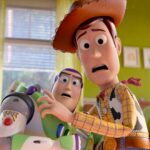Some of Pixar’s productions, although very much appealing to the eye in terms of animation and other technical aspects, have somehow not lived up to the highest levels of storytelling quality that this film company is known to have created in their most beloved classics such as “Toy Story,” “Up,” and “WALL-E.”
The reason why Pixar has such high hopes is that they have been consistent in delivering what is expected of them—bringing about a combination of innovative animation techniques and mature, emotional storytelling that appeals to both kids and adults. In cases where a film from the same studio does not fall into this category, the contrast is particularly striking.
5. Cars 3 (2017)
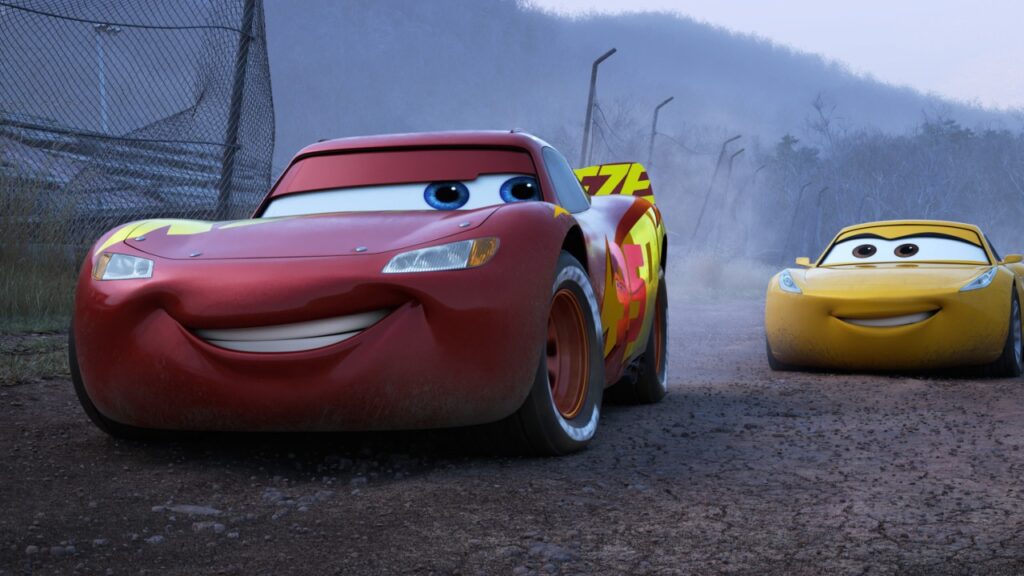
Cars 3 marked a critical step up from its widely derided predecessor, earning a solid 70% approval rating on Rotten Tomatoes. Nevertheless, it also represents a franchise that clearly falls under the umbrella of “didn’t live up to the hype” because it was, at its root, just another unnecessary installment in a creatively spent series. The picture serves to revisit the emotional center of the original film, exploring themes of aging, mentorship, and legacy as Lightning McQueen is confronted with a new breed of lightning-fast, high-tech racing machines. Though far more inspired and expertly animated than Cars 2, it was still considered far too safe, predictable, and ultimately unoriginal to truly represent the best of what the studio has to offer.
4. Brave (2012)
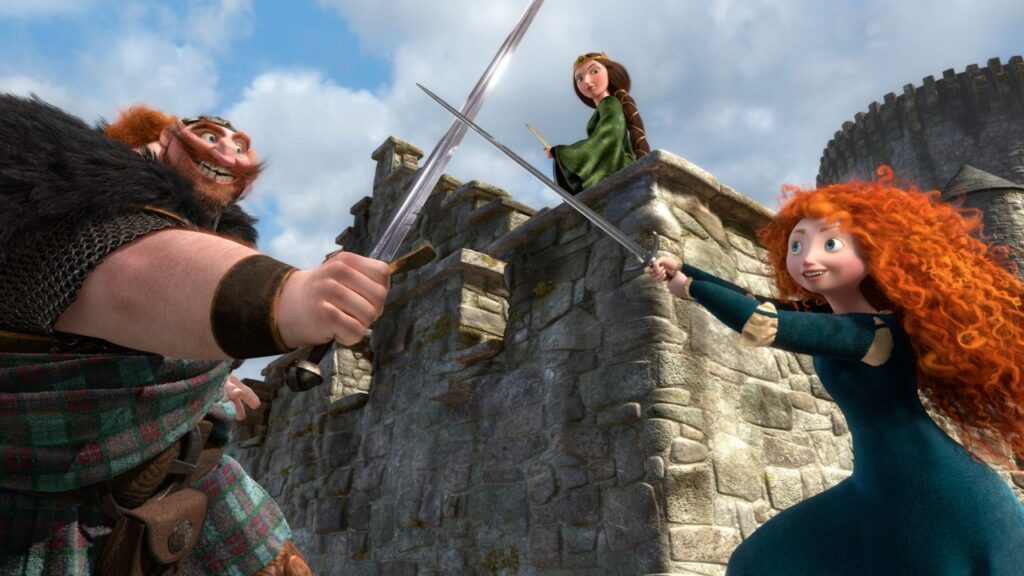
Although the movie Brave did receive the Oscar for Best Animated Feature, it is also occasionally brought up in conversations about Pixar disappointment, as it did not meet the traditional standard that Pixar has always set. The trailers for the movie suggested that the film would be an epic and action-packed fantasy, but ultimately what was released was a more traditional Disney princess tale of a mother and daughter relationship that was not quite as original as past Pixar successes. The conflict within the movie, which rested upon a curse that turns the mother into a bear who is unable to speak, was seen as being somewhat one-dimensional from a character and communication standpoint.
3. Lightyear (2022)
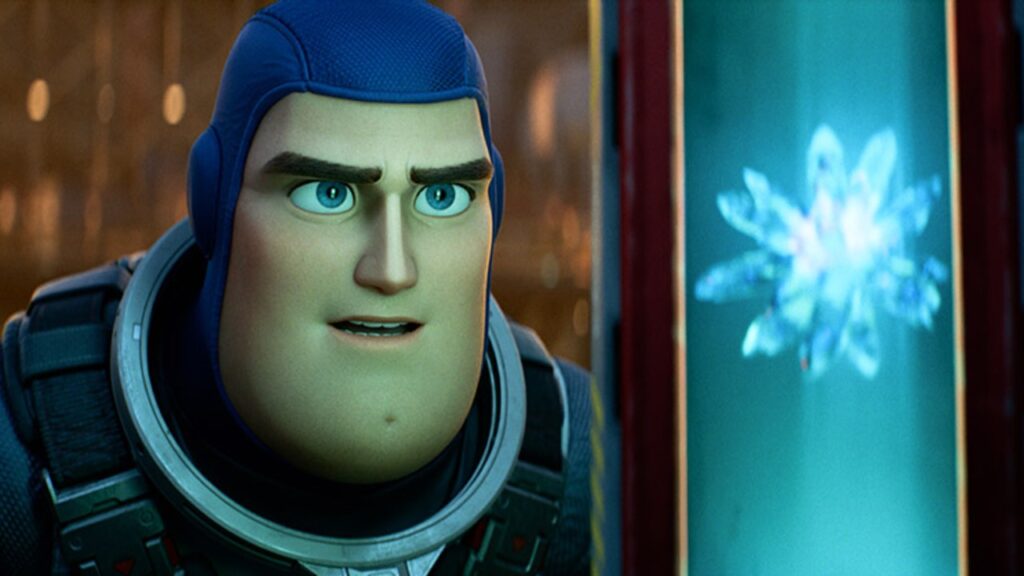
Was promoted as “the real” sci-fi film that spawned the toy in the Toy Story franchise, a notion that has confused some fans and simply did not connect in the end. What was meant to be a triumphant return to theaters after the pandemic became one of the biggest financial disappointments in Pixar’s history. While reaction has been divided, some critics have summed up the plot as a generic, play-it-safe sci-fi film that lacks the charm, humor, and heart of the dominant franchise. The act of replacing Tim Allen with Chris Evans for the voice of Buzz, combined with the predictable story of time dilation and an expected Zurg twist, made for a perfectly generic and unnecessary film
2. The Good Dinosaur (2015)
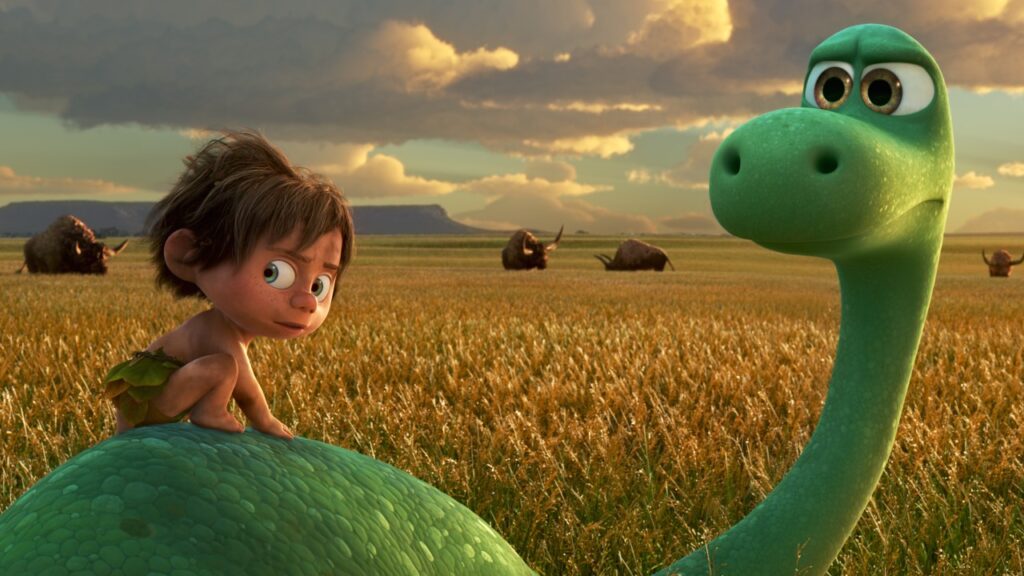
This movie had issues with its production, with a shake-up in the entire direction and plot. Although it was widely acclaimed for its stunningly realistic animation, especially the natural environments and water simulations, the plot itself has been labeled as achingly generic. The plot, which revolves around an alternate reality where dinosaurs never became extinct, surprisingly boiled down to a “boy and his dog” Western, where a young dinosaur named Arlo learns to conquer his fears with the help of a feral human boy named Spot. The absence of any particularly original plot and one-dimensional characters led to the first-ever box office bomb for Pixar, with a critical rating of 75%.
1. Cars 2 (2011)
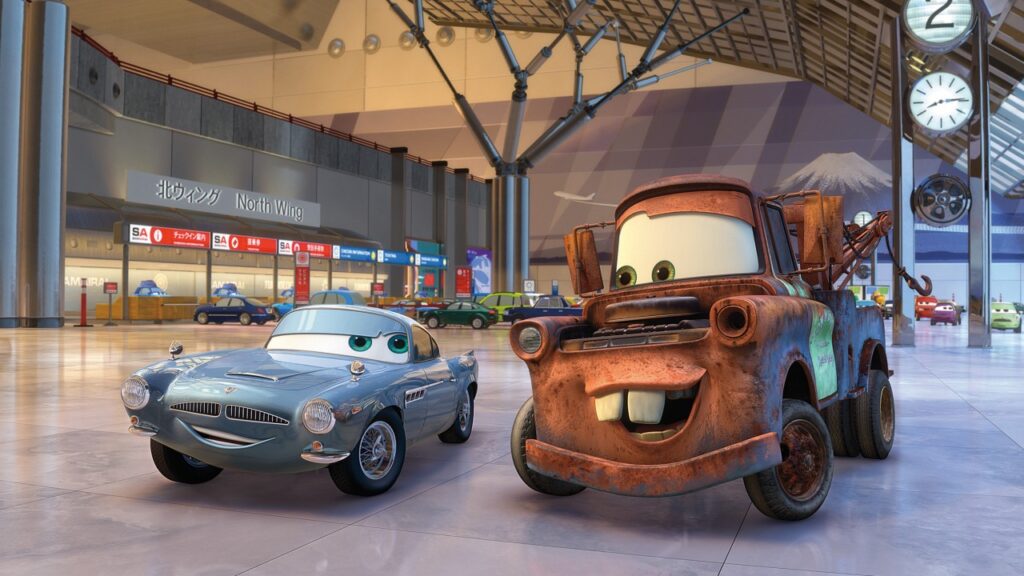
Cars 2 is a Pixar film that has the dubious honor of being the only “rotten” rated film in the company’s roster, garnering only a 39% rating in the review aggregation website Rotten Tomatoes. This marked a major departure from Pixar’s emphasis on telling innovative and universal stories, as they chose to prioritize world merchandise sales instead. The change of focus from Lightning McQueen to his supporting character, the dim-witted Mater tow truck, as the protagonist in an intricate yet generic spy tale ala James Bond, was heavily panned by critics. The movie was deemed to be shallow, boring, and an obvious cash-grab for a popular existing franchise.
